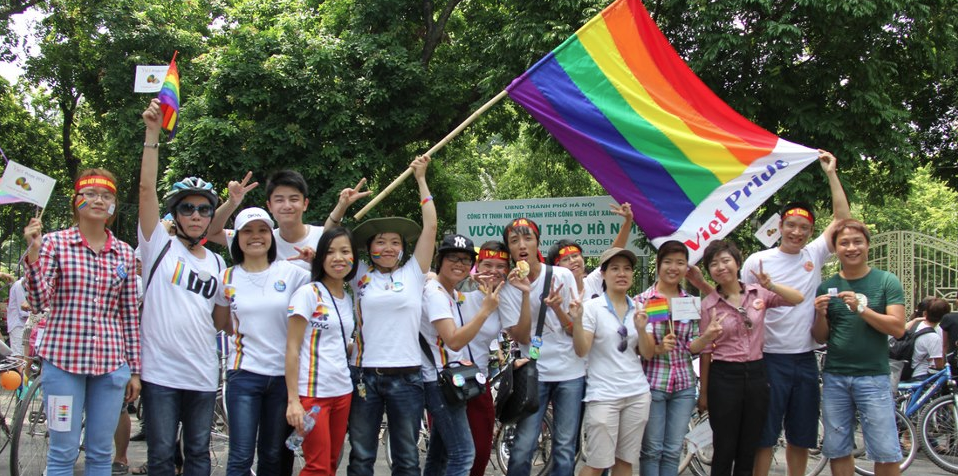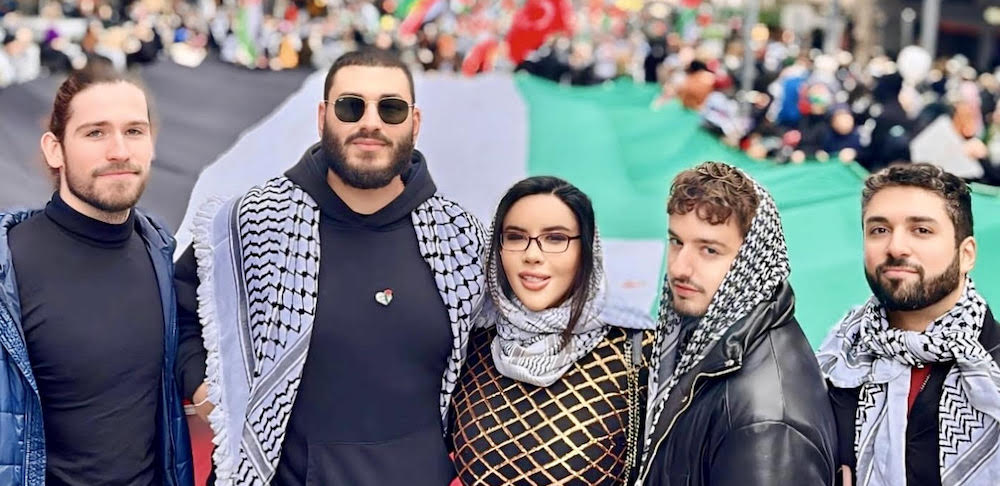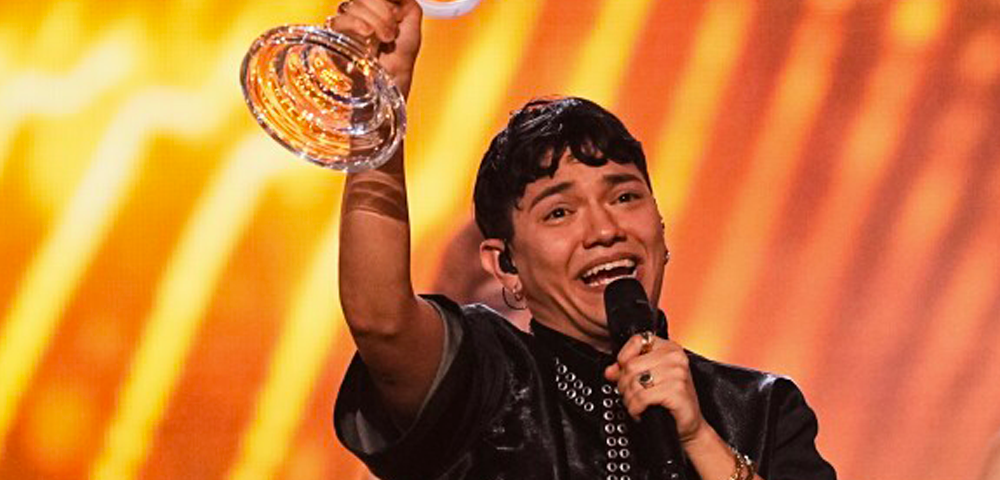
Tentative hope for LGBTI people in Vietnam

PERHAPS more so than any other country in South-East Asia, Vietnam is rapidly on the move in relation to the rights of LGBTI people.
After holding its first public LGBTI pride event in Hanoi in 2012, pride celebrations were held in over 10 cities throughout Vietnam by 2014. In June 2015, Hanoi played host to an LGBTI music festival titled ASEAN Pride, a symbol of acceptance and regional leadership in a context where four out of the 10 ASEAN member-states continue to criminalise consensual sexual activity between persons of the same sex.
[showads ad=MREC]The growing public visibility of LGBTI people has been matched by favourable statements from parts of the government. In 2012 the Justice Minister declared that the legitimate rights of same-sex couples ought to be protected by law, while the Ministry of Health expressed its support for marriage equality.
Nonetheless, beyond the positive soundbites lies a more complex reality in relation to the rights of LGBTI people. In June 2015, Kaleidoscope Australia submitted a shadow report to the UN Committee on the Elimination of Discrimination Against Women (CEDAW), examining the social and legal situation facing lesbian, bisexual, trans and intersex (LBTI) women in Vietnam.
The findings of the report revealed three areas of concern that apply not only to LBTI women but also to sexual and gender minorities more broadly. The first is that Vietnam has no laws prohibiting discrimination on the basis of sexual orientation, gender identity and intersex status. This is despite the government accepting a recommendation from the UN Human Rights Council to enact such laws in early 2014.
The absence of anti-discrimination protections has allowed exclusion and harassment to continue in key areas of public life. For example, a 2013 study found 41 per cent of LGBTI persons had suffered discrimination and violence at school or university, with 19 per cent claiming to have been beaten and 18 per cent sexually harassed. Another 2013 study found 35 per cent of trans women had been excluded when applying for jobs as a result of their gender identity or expression.
Secondly, same-sex couples continue to not have any legal relationship rights in Vietnam. In June 2014, Vietnam made global headlines when it passed a new Law on Marriage and Family which removed previous wording that same-sex marriage was “forbidden”. In 2013, the government also repealed a decree that imposed administrative fines for holding same-sex wedding ceremonies. Nevertheless, these positive moves have not resulted in the state affirmatively recognising same-sex marriage or providing any rights or protections to same-sex couples.
While same-sex couples can now hold private wedding ceremonies without fear of being fined, the Law on Marriage and Family continues to stipulate that same-sex marriage is “not recognised”. However, Vietnamese human rights organisation iSEE has highlighted that the shift from same-sex marriage being “forbidden” to being merely “unrecognised” may facilitate greater societal openness to same-sex couples, as same-sex unions will no longer be regarded as harmful or anti-social.
Finally, Vietnam continues to not allow trans* people to change their gender marker on official documents or even to undergo sex reassignment surgery (SRS) in authorised clinics. This has resulted in trans* people often using self-administered hormone therapy, which resulted in the death of a trans woman from a blood clot in October 2013. SRS is allowed for intersex people, although this appears to reflect a desire to “normalise” intersex bodies more than an affirmative recognition of intersex diversity.
Also in this area, positive steps are being taken. The government has recently finalised a public consultation on whether it should amend the Civil Code to allow trans* people to change their gender on official documents. While the prospects for reform are favourable, it remains to be seen what specific conditions will be imposed before trans* people can change their legal gender. The UN High Commissioner for Human Rights recognised in a landmark June 2015 report that requiring trans* people to undergo SRS, sterilisation or divorce as prerequisites to legal gender recognition represents an abuse of their human rights.
Ultimately, Vietnam presents significant promise in relation to the rights of LGBTI people. They are increasingly visible and, unlike in other countries in the region, the government has made tentative moves towards improving LGBTI rights. It is the more concrete steps that remain to be done in the journey towards equality for LGBTI people: recognising trans* people, recognising same-sex couples and implementing anti-discrimination laws.
Raymond Roca is a Sydney-based lawyer and a director of Kaleidoscope Australia Human Rights Foundation, a non-profit organisation that seeks to promote and protect the rights of LGBTI people in the Asia-Pacific region. Details: kaleidoscopeaustralia.com
RELATED: A NEW DAWN FOR LGBTI PEOPLE IN JAPAN
__________________
**This article was first published in the August edition of the Star Observer, which is available to read in digital flip-book format. To obtain a physical copy, click here to find out where you can grab one in Melbourne, Sydney, Brisbane, Adelaide, Canberra and select regional/coastal areas.
[showads ad=FOOT]









